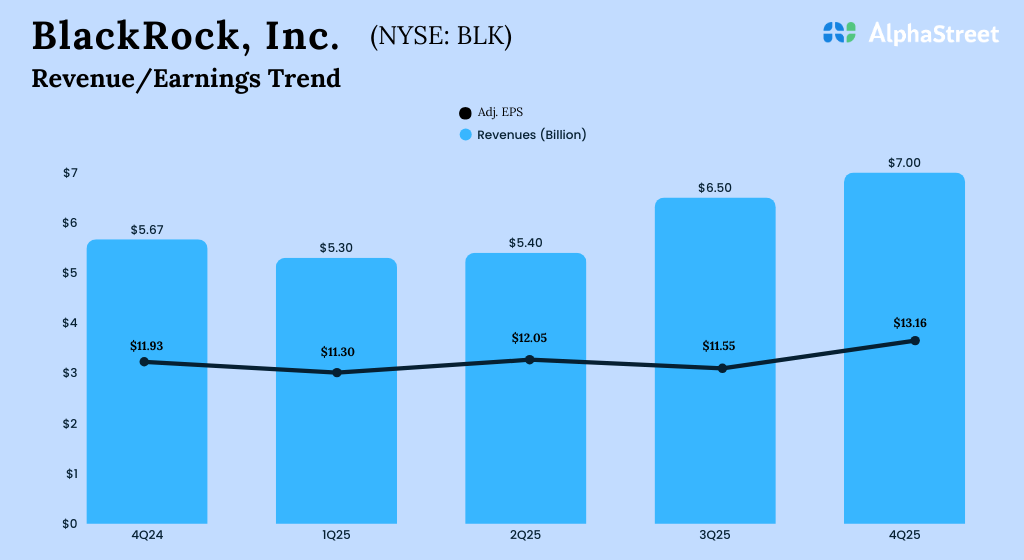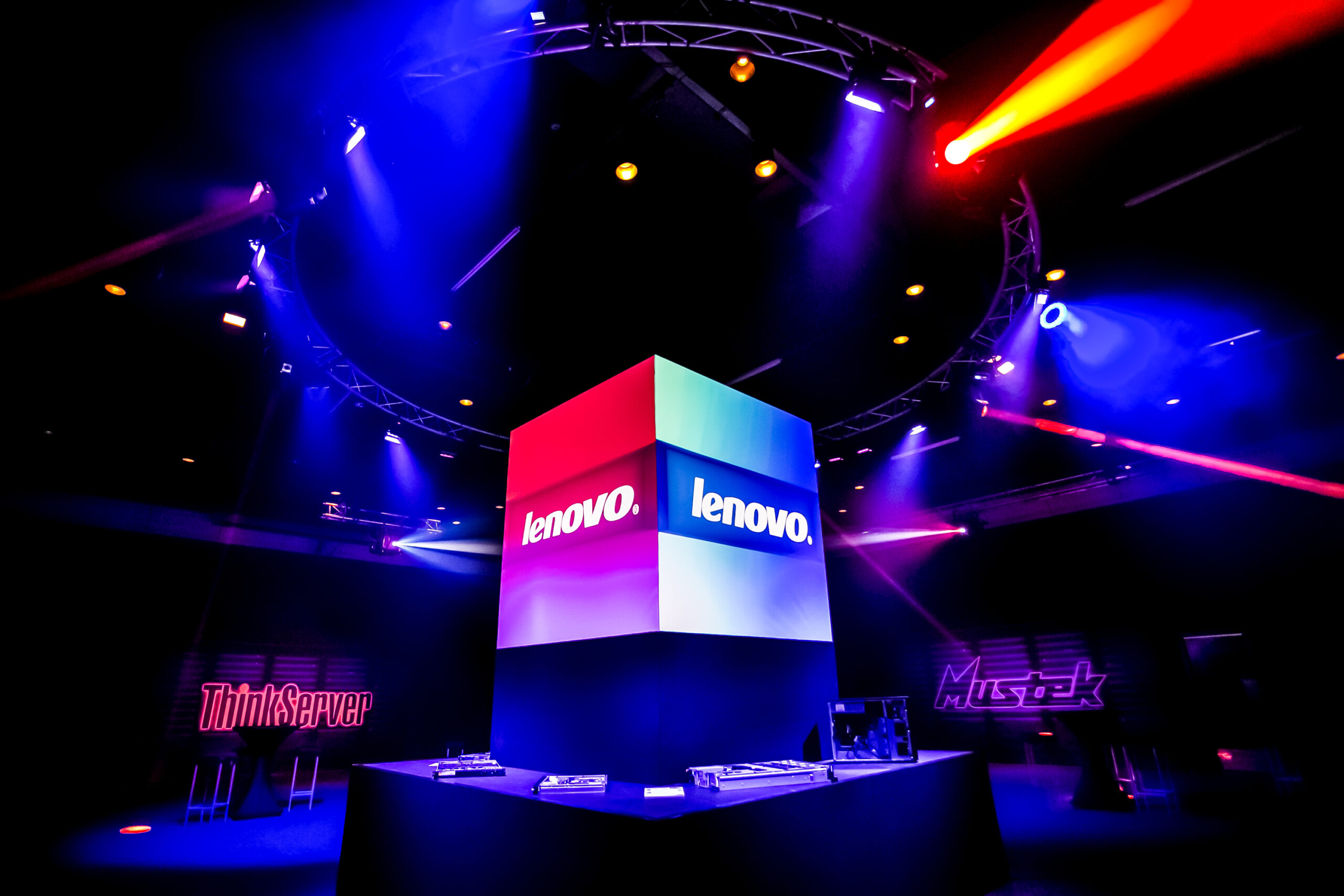Term Sheet, a newsletter from Fortune, was all up in arms yesterday morning about the ARK Venture Fund – “making this available to retail investors is a horrible idea.” What about all the other horrible ideas out there such as penny stocks, regulation A+ IPOs, SPACs, cryptocurrencies, ICOs, NFTs, crowdfunding ventures, and all the other garbage being peddled to retail investors? ARK Invest’s Venture Fund does present some risks, but they pale in comparison to the pitfalls awaiting investors who think the road to riches is about “finding the next Tesla.”
Another mistake newbie investors make is to confuse short-term price movements with the quality of a stock. When a company has an initial public offering (IPO) and shares soar +700%, that’s not a good thing, yet some investors in Atlis Motor Vehicles see this as a sign of good things to come. That could be a costly premise.
About Atlis Motor Vehicles Stock
We’ve talked about why equity crowdfunding should be avoided like the plague, and in that camp, we’d also place Reg A+ offerings because they’re a funding option for firms that institutional investors don’t want any part of. If you poke around a bit, it’s easy to find out why. Management teams that break promises, roll forward targets regularly, and raise capital as if they’re selling lottery tickets wouldn’t be taken seriously by any institutional investor who sees these red flags for what they are.
The 2018 Offering
Our story starts in March of 2018 when Atlis Motor Vehicles held their first crowdfunding raise. At that time, they’d raised $10,000 in funding with the CEO kicking in an additional $30,000. That sum of money might get you a few admins in the Philippines but it’s hardly enough to start an electric vehicle company. The Altis crowdfunding campaign on StartEngine was hoping to raise $1,000,000 to increase marketing and finish their prototype. As we often see with crowdfunding campaigns, plenty of perks were on offer to get investors to pony up a measly one million dollars – like 5 free trucks, only one of which can actually be delivered.

In the memorandum document outlining the offer the following statement is made under the header, “2021 Financial Expectations”:
Atlis Motor Vehicles believes that sales will increase to $68,000,000 as we ship our first 1,000 Atlis Motor Vehicles XT pickup trucks.
Credit: Atlis Motor Vehicles
We’re told that the company needs $370 million over the next six years before “predicted profitability can be reached.” That’s expected to fund technological advancement like a battery that can charge in 15 minutes and “self-driving capabilities with all vehicles and vehicle platforms as standard features.” At that time, they ascribed a valuation to their company – one with assets totaling $609 – of $2.9 million. Still, they managed to raise $1,068,091 from investors (minus the cost of a Ford Raptor and the $62,000 in fees charged by StartEngine). A year later and they were at it again because they “had no cash available as of December 31, 2018.” Sounds like a case of bad planning because the March 16, 2018, Form C implied that 2019 was when the revenues would finally arrive.

It’s 2022 and they’ve yet to manufacture a single truck.
The 2019 Offering
In 2019, Atlis Motors looked to raise another million dollars at a valuation of (checks notes) $90 million. The sort of people plunking down money on this venture probably don’t know what “valuation” even means, so it makes little difference what the number is, but at least the company tries to provide some justification as to how they arrived at the number. (Hint: It’s based on those aggressive milestones actually being achieved.) The offering memorandum explains how the valuation is based on statements such as the below:
Atlis Motor Vehicle anticipates beginning sales of the XP Platform by Q3 2020, while our XT Pickup truck is expected to begin sales by Q1 2021
Reg CF – December 10, 2019 Offering Memorandum Credit: Atlis Motor Vehicles
It’s almost as if the company didn’t think through what they were saying because it didn’t really matter. No serious investor would ever look at crowdfunding an electric vehicle company looking to raise their second million, so why bother providing estimates that have any remote possibility of being achieved, especially when the company knows they’ll only ever be able to raise nickel and dime funding rounds form retail investors (minus all the marketing expenditures it took to raise the money).
The memorandum goes on to talk about $1 billion in “projected reservation interest” consisting of “reservations that are ‘non-deposit and require no down payment to place.’” So essentially, these reservations mean nothing. The reason they’re not asking for deposits is noble – they’d rather offer potential customers the opportunity to become investors. (Rolls eyes.)
The 2020 Offering
For calendar year 2021, our volume targets are: 1000 XP Platforms and 100 XT Trucks. In calendar year 2022 we’re targeting production of 4,000 XP Platforms and 1,000 XT Trucks.
Credit: Atlis Motor Vehicles
That’s what investors were told in the 2020 offering memorandum which valued the company at $165 million, a number that’s likely based on these projected milestones being met. The raise netted $14.8 million of the $35 million goal, and by now you’re probably getting the picture. Milestones come and go for Atlis, but the relentless need to raise funding remains. Prior to the IPO, the company had a self-ascribed valuation of $385 million courtesy of the 12,000 retail investors who funded the project.
The IPO
As of March 31st, 2022, Atlis had 34,247,439 shares outstanding which were being offered for the price of $27.50 prior to completing their Nasdaq listing. That would have given them an implied market cap of just over $941 million. When trading began, shares of AMV surged to $243.99 before floating back down to $63 a share (last time we checked). That’s a $2 billion valuation for a company with $3.78 million of assets on their balance sheet:

The latest filing document talks about how a lack of funding and (wait for it) COVID put a crimp on their plans to deliver a vehicle. Now they’re on to talking about the Memorandum of Understanding (MOU) they’ve signed for some batteries that they hope to sell this year. Sales of their electric truck will happen sometime in the future. The latest crumb of hope being fed to investors is that revenues will happen this year.
In 2022, we plan to become revenue generating and to secure sufficient funding to execute on our operational milestones. The company will continue to leverage Regulation A+ crowdfunding campaigns to fund operations until significant capitalization occurs.
Credit: Atlis Motor Vehicles FORM 1-A, 2022-08-26
One only thing you can be certain of is that the dilution will continue. In the meantime, the price action you see today is being driven by hype and speculation as wannabe Gordon Geckos try and trade their way to a better zip code while hedge funds have the last laugh. Management has wised up to their lackluster execution and now provides vague wave-your-hands-in-the-air estimates as to when their investors can finally expect to see some electric trucks produced (they opted for the hand-made approach as opposed to automation).
We expect to finalize development of the production model and begin producing trucks for delivery in the coming years.
Credit: Atlis Motor Vehicles FORM 1-A, 2022-08-26
The latest 10-Q filing becomes even more vague as the company talks about how much they’re spending on marketing to raise small streams of money via crowdfunding so they can continue surviving. The latest? Revenues in 2023 with trucks to follow in 2024:
We plan to continue development in these areas with plans to begin generating revenue in 2023.
Atlis Motor Vehicles 10-Q
Given their past track record of missed milestones, what’s the likelihood that happens?
Holding Management Accountable
While researching this piece, the same question kept coming up. What responsibility does management have to provide investors with accurate information about forward-looking projections? They did warn investors sufficiently that there were risks involved. The memorandum documents clearly state that their valuations are pure speculation, and that timelines and milestones are estimations.

Fair enough, but isn’t there some obligation to provide estimates that can pass a simple sniff test? Is it reasonable to believe that an electric vehicle prototype can be developed for $561,571.55? (That’s the amount of money from the first raise they planned to spend on completing a prototype.) Is it reasonable to think that a company can go from inception to selling an electric vehicle – profitably – in 6 years’ time, with just $370 million in funding?
We’ve stated emphatically that retail investors should never invest in a startup unless they’re doing so alongside experienced venture capitalists. That’s why we find ARK’s new offering to be quite compelling. There is no shortage of great technology startups out there that already represent a great deal of risk. Why invest in firms that spend so much time, money, and effort trying to eke out funding from a large pool of retail investors?
Whether the Atlis management team should be held accountable for their missed milestones or lauded for their successful Nasdaq listing is irrelevant because our approach has always been the same. If management teams state milestones and consistently fail to accomplish them, we walk away.
It’s always important to understand people’s motivations. The fundamental goal of a business is to survive. Atlis shows that they’re remarkably adept at surviving, but we’re looking to invest in companies that are thriving. That means they’ve managed to achieve meaningful revenues and traction. Atlis hasn’t managed to do that, and based on their track record, we doubt they ever will.
Conclusion
Experienced investors know better than to trust management teams that make absurd claims in hopes of attracting investments, regardless of how many warnings they put in their memorandums. Shares of this company now trade on the Nasdaq under the ticker AMV, yet nobody seems to be holding the management team accountable for their track record of missed milestones, absurd valuations, and the inability to execute on a stated plan. Maybe Term Sheet should write about this horrible idea.
Tech investing is extremely risky. Minimize your risk with our stock research, investment tools, and portfolios, and find out which tech stocks you should avoid. Become a Nanalyze Premium member and find out today!
















